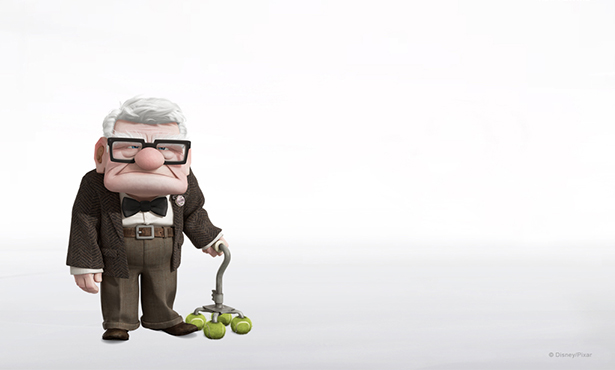The researcher behind a new study on aging and depression shares tips on how not to turn into a grumpy old man (or woman)
Contrary to countless pop culture depictions of cranky old men and bitter spinsters, depression is not a normal part of aging. Several reports have shown that the true culprit behind the pervasiveness of this disorder among people age 65 and older is disability. The National Institute of Mental Health, for instance, estimates that the rate of depression among the elderly ranges from less than 1 percent to about 5 percent, but rises to around 12 percent among those who require health care at home or in a hospital.
New research offers a way for this at-risk group to ward off depression: "goal disengagement." Concordia University psychologists Erin Dunne and Carsten Wrosch collaborated with University of British Columbia's Gregory Miller for a study to be published in the journal Health Psychology. Their conclusion in Dunne's words: "The ability of older adults with functional limitations to withdraw effort and commitment from goals that are no longer attainable can help them avoid increases in depressive symptoms over time."
In the gallery below, Wrosch elaborates on the importance of learning to let go as one ages, and shares other lessons on bitterness from his work with Jesse Renaud in the new book Embitterment.
Image: Disney/Pixar
We want to hear what you think about this article. Submit a letter to the editor or write to letters@theatlantic.com.
